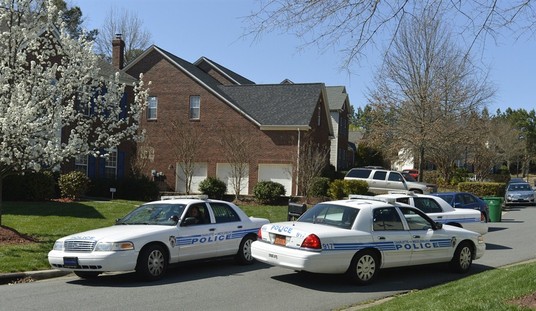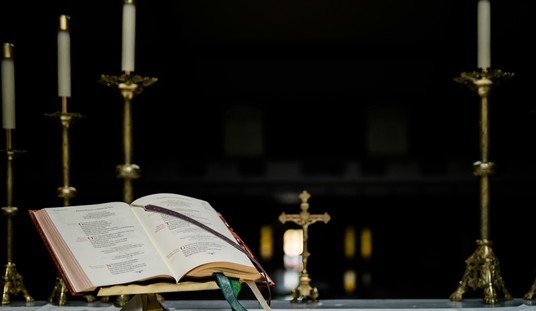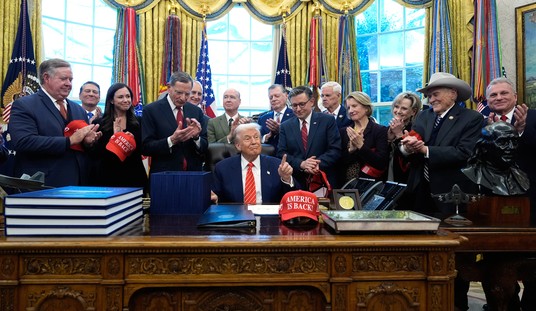The issue of Climate Change has been a no-show in the 2012 election cycle; one would think that ManBearPig had been named an endangered species. But a two-year study commisioned by Barack Obama’s Treasury Department will recommend ways to “green” the tax code by using it to craft disincentives for creating carbon dioxide and other greenhouse gases.
If you wanted to design a sure-fire recovery-killer, you couldn’t do much better than a carbon tax. Obama has targeted the oil, natural gas and coal industries throughout his first term. There’s no doubt that a study legitimizing tax warfare on domestic energy extraction would enable an all-out attempt to cram “green” reforms through Congress starting early in 2013.
A Romney administration would unleash domestic energy production; it is the first of five steps in his economic plan. Obama would clearly take the nation in the opposite direction. Are you listening, swing state voters, especially in Ohio and Pennsylvania?
Eco-Taxes? Study Financed by U.S. Treasury Will Link Tax Code to Carbon Emissions
Under the bland title of Effects of Provisions in the Internal Revenue Code on Greenhouse Gas Emissions, the $1.5 million study is being carried out under the auspices of the National Academy of Science (NAS). Originally planned to take two years, the ambitious project aims to take an inventory of the U.S. tax code in terms of the effects of its most important provisions on the emission of carbon dioxide and other greenhouse gas emissions—a huge and complicated exercise in environmental and economic modelling.
The study itself will not be available until after the election. Originally slated for completion in September of this year, its publication has since been postponed until the first quarter of next year.
The bios of the committee members leave little mystery as to their likely recommendations. Their experience is long on academics, long on climate and economic modelling, and short on real-world energy experience. Their current affiliations include:
- Yale University’s School of Forestry and Environmental Studies (Chair)
- University of Maryland, College Park (2)
- Stanford, MIT, U. of Oregon, Duke and Cal-Berkeley (1 each)
- Natural Resources Defense Council
- Goddard Institute for Space Studies
- The Urban Institute
Yep, that’s a pretty green committee.
But it’s the committee’s nominal “industry representative” that takes the cake. Francisco C. de la Chesnaye is a Project Manager for the Electric Power Research Institute, a private, industry-funded research cooperative of the eletrical power industry. Here’s a portion of his CV:
He was previously Chief of the Climate Economics Branch at the U.S. EPA., responsible for developing and applying EPA’s economic models for developing GHG emission projections, conducting mitigation analysis, and assessing issues related to long-term scenarios of economic development, GHG emissions, and climate change. … Mr. de la Chesnaye also co-edited a book titled Human-Induced Climate Change: An Interdisciplinary Assessment (2007). Mr. de la Chesnaye also was a Lead Author for Working Group III of the IPCC’s Fourth Assessment Report.
[Emphasis added.]
This is how you get the answer you want, the Chicago Way: you stack the deck.
Cross-posted at stevemaley.com.













Join the conversation as a VIP Member